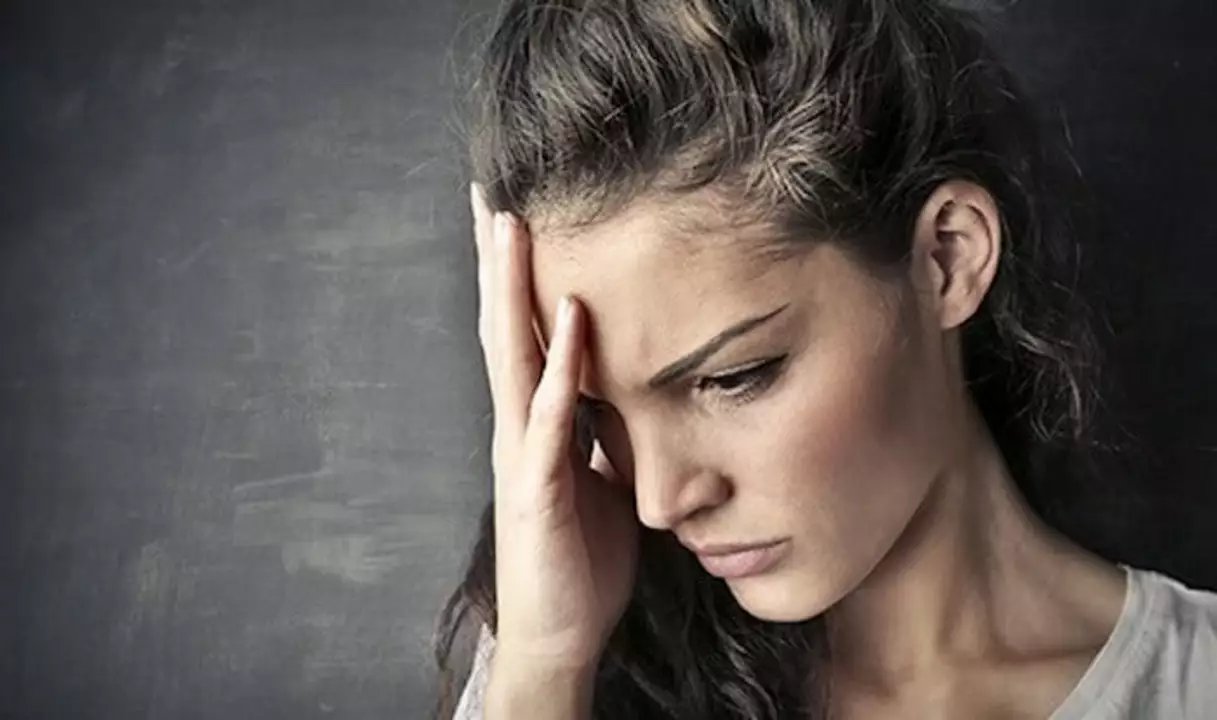Depression: Practical help, meds, and real alternatives
Feeling low, numb, or stuck for weeks on end can mean depression, not just a bad day. Many people wait to act because they think treatment is complicated or shameful. You’re not alone, and there are clear, practical steps you can take right now — from spotting warning signs to safer medication choices and everyday habits that actually help.
How to recognize depression
Depression shows up differently for everyone, but watch for these common signs: persistent sadness or irritability, losing interest in things you used to enjoy, major changes in sleep or appetite, low energy, trouble concentrating, and thoughts about death or suicide. If several of these last for more than two weeks, it’s time to talk to a doctor or mental health professional. If you’re thinking about harming yourself, reach out to emergency services or a crisis line immediately.
Keep notes for your appointment: when symptoms started, what makes them worse or better, any medications you take, and whether anyone in your family has had similar issues. That makes appointments more useful and helps your provider figure out the best next steps fast.
Treatment options that actually help
There’s no one-size-fits-all fix. Treatment usually mixes therapy, medication, and lifestyle changes. Cognitive-behavioral therapy (CBT) and interpersonal therapy are common and work well for many people. If medication is needed, SSRIs like fluoxetine (Prozac) are a common first step. We have a clear, human guide to Fluoxetine that explains how it works, side effects, and tips for managing anxiety while on it.
If a first drug doesn’t help, switching or trying another class is normal. Venlafaxine is another option; our article "9 Alternatives to Venlafaxine" breaks down real substitutes and what to expect from each one — from bupropion to different SSRIs and non-medication approaches. Talk openly with your clinician about side effects, sexual function, weight, and sleep — those matter for long-term success.
Non-drug choices matter a lot. Regular sleep, moving your body for 20–30 minutes most days, eating balanced meals, and staying connected with friends or groups all lower symptoms. Mindfulness, structured routines, and small daily goals help when motivation is low.
Be wary of online pharmacies and random supplements. If you buy meds online, choose verified sources and check credentials. If a supplement promises a cure, ask for evidence or discuss it with your doctor first.
Finally, recovery often takes time and tweaking. Track symptoms, celebrate small wins, and keep your support people in the loop. If you want reliable reads, start with our Fluoxetine guide and the Venlafaxine alternatives article — both offer clear, practical advice to help you make better choices with your clinician.
If you’re unsure where to begin, a primary care visit or a brief talk with a mental health professional can point you in the right direction. You don’t have to manage this alone; help is available and it works.
Major Depressive Disorder and Eating Disorders: The Hidden Link Most People Miss

Major depressive disorder (MDD) and eating disorders like anorexia, bulimia, and binge eating often show up together. It’s easy to miss the overlap, but ignoring it can make recovery tougher. This article digs into why these conditions connect, how they affect each other, and what signs to look for. You’ll also find practical tips for getting help. Understanding this tricky relationship can make a huge difference in managing both.
- April 27 2025
- Tony Newman
- 19 Comments
Anastrozole and Mental Health: Coping with Anxiety and Depression During Treatment

As a breast cancer patient undergoing treatment with Anastrozole, I've noticed that managing anxiety and depression has become an essential part of my journey. It's important to acknowledge that these mental health challenges can arise as side effects of the medication. To cope with these feelings, I've found that maintaining open communication with my healthcare team and seeking professional help when needed has been crucial. Additionally, engaging in self-care practices, like exercise and mindfulness techniques, has significantly improved my mental well-being. Overall, recognizing and addressing the impact of Anastrozole on mental health is vital to ensure a more positive treatment experience.
- May 13 2023
- Tony Newman
- 17 Comments
